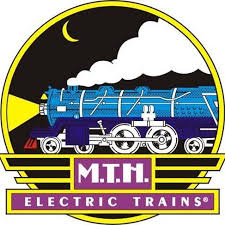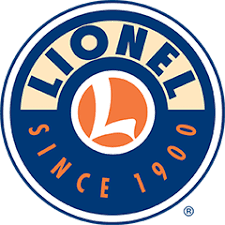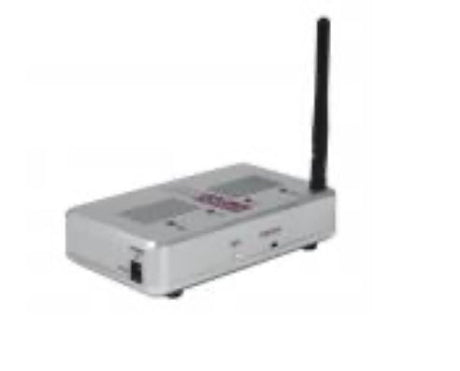MTH RailKing 30-1366-1: 4-8-2 M-1a Mountain Steam Engine w/Proto-Sound 2.0
Description
Description
MTH RailKing 30-1366-1: 4-8-2 M-1a Mountain Steam Engine w/Proto-Sound 2.0
The Mountain represents the apex of Pennsy steam power in the golden age of railroading. It was the last in a line of highly successful, home-designed, Belpaire-boilered Pennsy steamers that included the E6 Atlantic, the H series Consolidations, the K4 Pacific, and the I1 Decapod. (A Belpaire boiler is identified by the squared-off hump at the rear, above the firebox.) While the Pennsy's late experiments with modern streamlined steamers were visually exciting, they failed at their intended purpose - stopping the diesel onslaught. The M1's in fact outlasted all the experimental engines, soldiering on for three decades to the very end of steam. The first M1 was built in 1923 in the PRR's Juniata shops and, in typical conservative Pennsy fashion, underwent years of testing and refinement before the railroad committed to the design. But once the die was cast, the Pennsy - the self-proclaimed Standard Railroad of the World - did things in a big way, as usual. Two hundred M1's were built in 1926 and a hundred M1a's, with slight upgrades from the original engines, were turned out in 1930 by Baldwin, Lima, and the Pennsy's own shops. While the first Mountains were delivered pulling normal-sized tenders, with the 1930 delivery the huge "coast-to-coast" tenders became the norm. Although their large coal and water capacity lessened the need for fuel stops, they were also equipped with scoops for taking on water on the fly, from pans between the rails. With their big 72-inch drivers, the Mountains were designed to be dual-service passenger and fast freight engines. Despite their name, they ruled the relatively level divisions of the Pennsy - except the electrified lines - where they could hustle 17- or 18-car passenger trains or hundred-car freights. Within a few years of their introduction, the Mountains found their niche as the Pennsy's preferred freight engine in most non-electrified territory. A true representative of the golden age of steam power, the Mountain returns to the RailKing line in 2005 lettered for the Pennsylvania and several other roads that rostered similar 4-8-2 locomotives. Both engine and tender are constructed of die-cast metal and adorned with detail. Complete with the industry-leading speed control, smoke output, and range of accurate sounds that characterize all MTH Proto-Sound 2.0 locomotives, our Mountain is designed to rival the pulling power, dependability, and longevity of the Pennsy original. Did you know? Mountain number 6755, built in the Pennsy's Altoona shops in 1930, was preserved by the railroad and resides today at the Railroad Museum of Pennsylvania in Strasburg, PA.
- Die-Cast Boiler and Tender Bodies
- Die-Cast Metal Chassis
- Authentic Paint Scheme
- Metal Wheels and Axles
- Die-Cast Truck Sides
- Precision Flywheel Equipped Motor
- Remote Controlled Proto-Couplerr
- Metal Handrails and Decorative Bell
- Die-Cast Boiler and Tender Body
- Locomotive Speed Control
- Engineer and Fireman Figures
- Synchronized Puffing ProtoSmoker System
- Constant Voltage Headlight
- Proto-Sound 2.0 With The Digital Command System
- Featuring:- Freight Yard Proto-Effects
- Unit Measures:25" x 2 1/2" x 4"
- Operates On O-31 Curves
- Comes with Original Box
- Grade: C-8
Grading Details:
C-10 Mint – Brand New: All original, unused and unblemished.
C-9 Factory New – Brand New: all original, unused, may evidence factory rubs and the slightest evidence of handling, shipping and having been test run at the factory.
C-9 New-Old-Stock: all original, unused, and typically out of production and may evidence factory rubs and shows considerable evidence of handling, shipping and aging.
C-8 Like New: Complete all original. No rust, no missing parts, may show effects of being on display and/or age, may have been run.
C-7 Excellent: All original minute scratches and paint nicks, no rust and no missing parts. No distortion of component parts.
C-6 Very Good: Minor scratches and paint nicks, minor spots of surface rust, free of dents. May have minor parts replaced.
C-5 Good: Sign of play wear with scratches and minor paint loss. Small dents, minor surface rust. Evidence of heavy use.
C-4 Fair: Scratched. Moderate paint loss, dented missing parts, surface rust. Evidence of heavy use.
C-3 Poor: Requires major body repair. Heavily scratched, major rust and missing parts. Restoration candidate.
C-2 Restoration required: Restoration required.
C-1 Junk, parts value only: Junk, parts value only
Payment & Security
Payment methods
Your payment information is processed securely. We do not store credit card details nor have access to your credit card information.
















